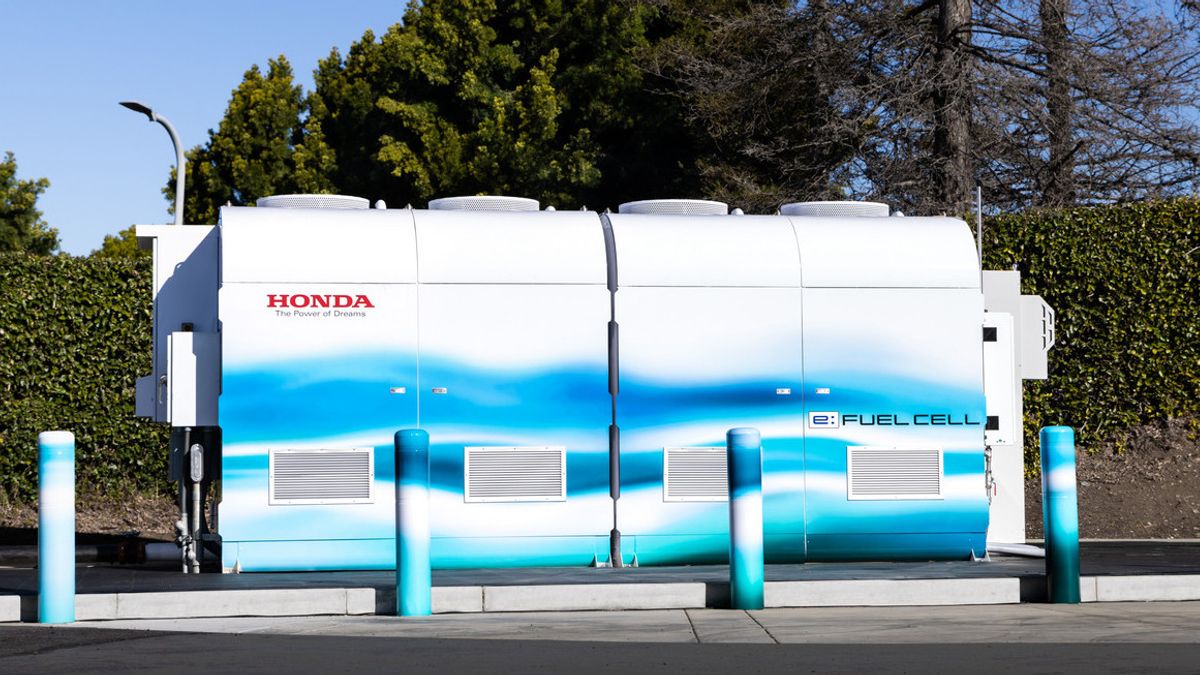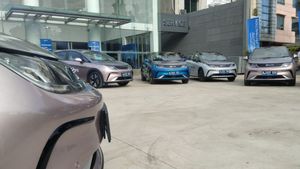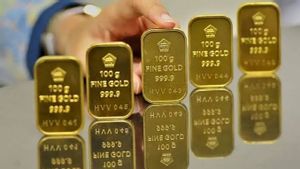JAKARTA - Hydrogen, a fuel that never loses its prestige. Although haunted by various problems such as the lack of distribution infrastructure, consumer doubts, limited range, and the need for large tanks that reduce cabin space, the automotive industry continues to disburse funds for this fuel.
A number of companies are trying to use hydrogen as a solution for the future of post-gasoline internal combustion engines. However, in reality, electric vehicles are currently getting priority.
Honda and General Motors recently formed a partnership in the establishment of the Fuel Cell System Manufacturing LLC plant. Apart from Toyota and Hyundai, these two manufacturers seem also confident in the potential for hydrogen in the future, so they invested USD 85 million (more than IDR 1.3 trillion) to set up a factory on the outskirts of Detroit, United States. The factory is already operating and producing hydrogen fuel cell systems.
General Motors and Honda will continue to increase production of hydrogen fuel cells with the aim of making this technology more affordable and more adopted. Coupled with facts that are different from batteries, hydrogen does not lose energy when stored for a long time.
Apart from cars, hydrogen fuel cells also promise utilization in various other areas. Hence, the partnership between Honda and GM does not appear to be focused solely on private vehicles, as this technology can be applied from lawn cutting machines to construction equipment in the near future.
Meanwhile, reported by Topspeed, February 10, when hydrogen is gradually expanding its future market share, Honda and General Motors may also consider selling hydrogen fuel cells as a portable power system. This may make other car manufacturers start considering buying hydrogen fuel cell systems rather than developing them themselves.
Not only that, hydrogen fuel cells are also a natural choice for power generators because they do not require an electric grid to be reconnected and recharged. Honda itself has taken a step forward by switching to hydrogen fuel cells as emergency reserves for their data centers in Torrance, California, USA.
With its various potentials and advantages, although still faced with various challenges, the future of hydrogen looks bright and promising.
The English, Chinese, Japanese, Arabic, and French versions are automatically generated by the AI. So there may still be inaccuracies in translating, please always see Indonesian as our main language. (system supported by DigitalSiber.id)








